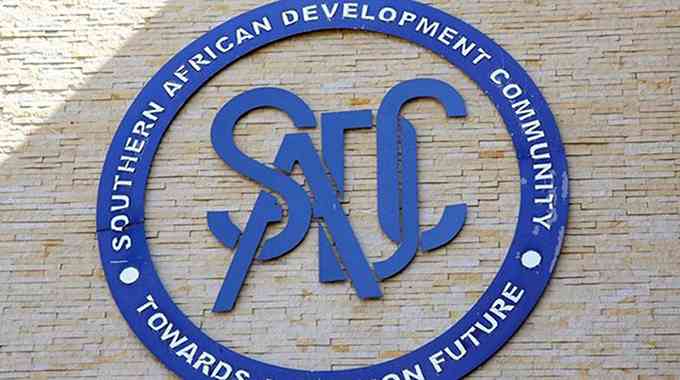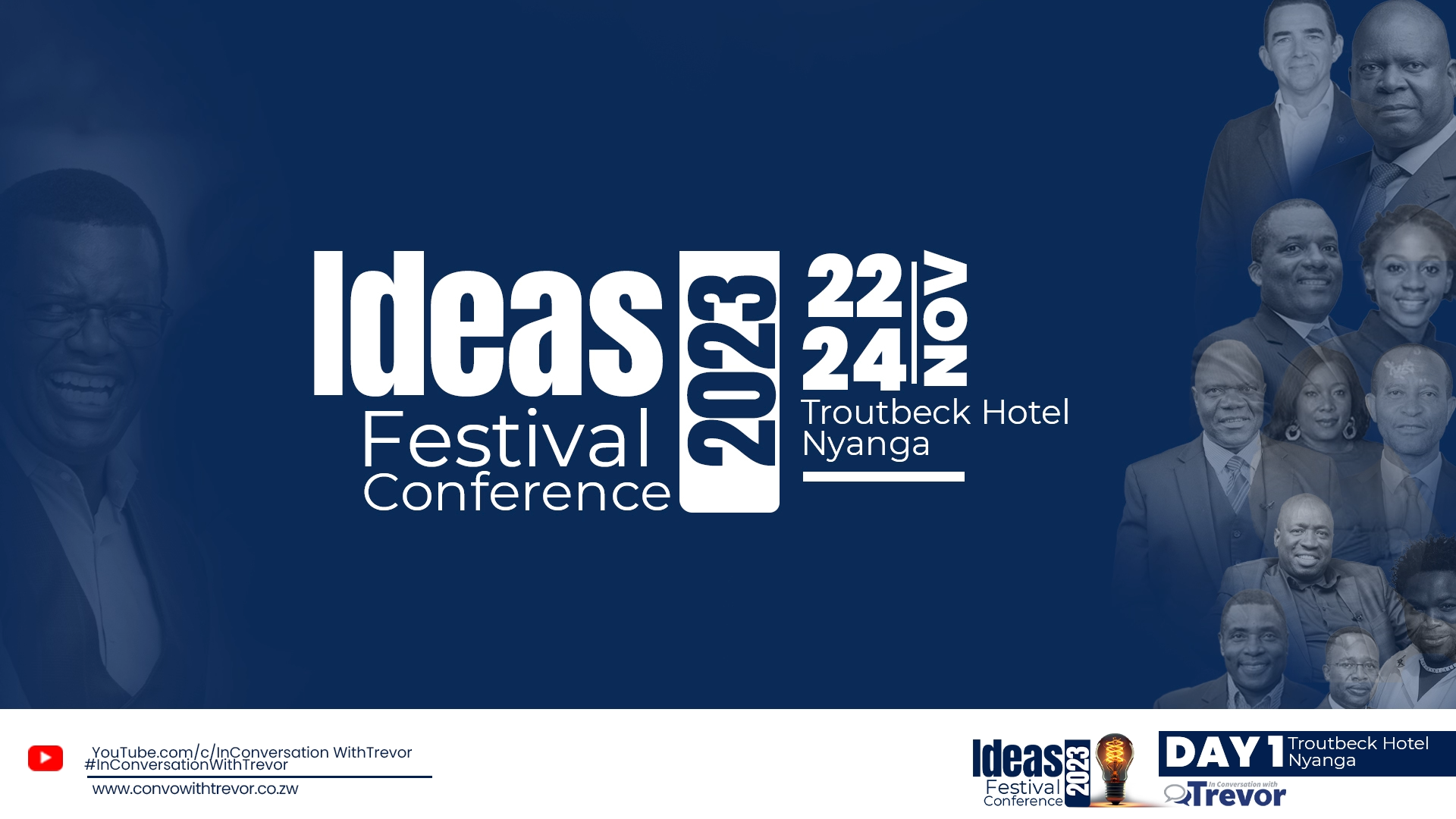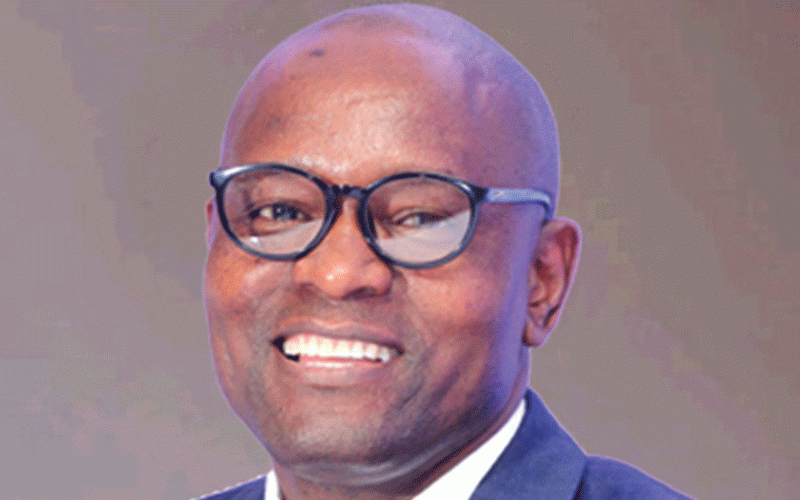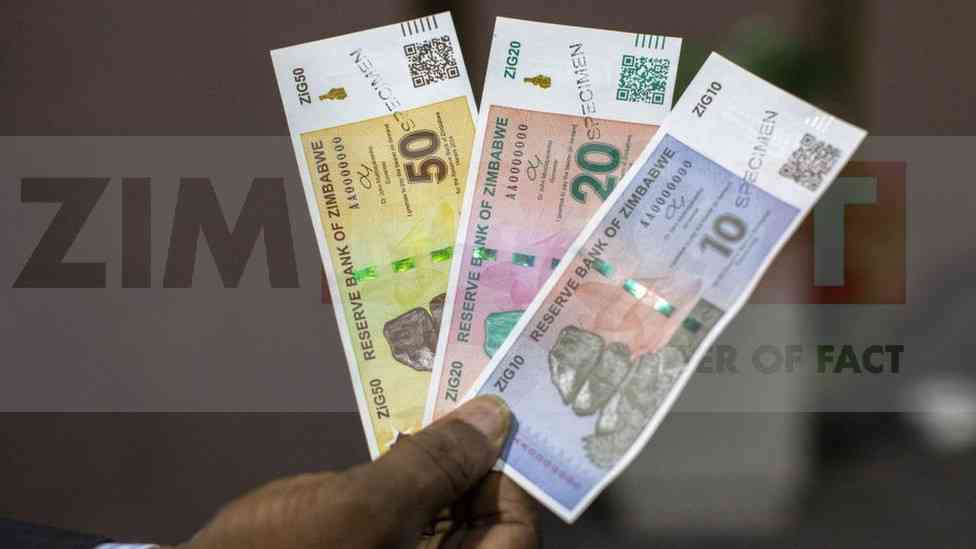THREE weeks ago, the regional bloc,
Southern African Development Community (Sadc), hosted the 44th summit in Harare.
The summit saw Zimbabwe becoming the chair of the region for the next 12 months, but worryingly, no discussion was done about the region’s interactions with say China, the European Union (EU) or the United States.
President Emmerson Mnangagwa, as the Zimbabwean current leader, is now Sadc chair.
It is this notion of being a chair that has been touted in public media albeit being a rotational post and in any case, anyone who becomes Zimbabwe’s leader within the 12 months will automatically serve as chair.
- Triangle retrenches as economy bites
- Caledonia in US$42 million capex drive for 2025
- Mukuru launches mobile wallet in Zim to bolster financial inclusion
- Economy heads for a bloodbath: Biti
- NBS completes Glaudina housing project ahead of schedule
Interestingly, Mnangagwa through the State media said the chairmanship of Sadc conferred new responsibilities that include being the mouthpiece of the region in engagements with continental and world bodies.
This “dream” did not live more than a month before it was shattered.
It was exposed in Beijing, China, during the ongoing 9th Forum on China-Africa Co-operation (FOCAC) that started mid this week.
The meeting is being attended by 15 of the 16 Sadc member States because Eswatini has diplomatic relations with Taiwan.
FOCAC is a platform that was created by China after realisation that it needed to expand into foreign territories if it needed to maintain its economic growth and world influence.
It deliberately allowed Chinese companies to operate in foreign countries for the first time.
The People’s Republic of China started funding projects such as the Silk Road Initiative, a project where China has poured billions to develop communication infrastructure such as roads and railways to facilitate trade.
China had a plan and was executing it.
It is a fact that China has now cornered the green energy sector by securing lithium resources across the globe.
It is now a leader in the production of electric vehicle and lithium batteries.
Theo Neethling, professor of political science in Department of Political Studies and Governance at the University of the Free State in South Africa wrote that: “Chinese mining presence in Africa, which is much lower than western presence, is concentrated in five countries: Guinea, Zambia, South Africa, Zimbabwe, and the Democratic Republic of Congo (DRC).
“Among them, the DRC, Zambia and Zimbabwe are the crucible of the new green energy race in Africa. They are home to Africa’s copper belt and the greatest store of lithium, copper and cobalt.”
It cannot be denied that China now has a foot forward in the green energy race.
A rare moment of its co-ordinated and focused agenda to be a world leader economically, threatening to knock the United States off the perch, where it thought it had a divine right.
Neethling poignantly notes: “Unlike China, African States have yet to produce a comprehensive, unified policy document outlining the continent’s strategic interests, and how these align with the China-Africa Vision for Co-operation 2035.”
African States negotiate individually and never as a bloc, a strategic blunder as they lose leverage in their bargaining power.
Of the five countries that China has concentrated its mining investments in, four are Sadc member States.
It, therefore, can be argued that Sadc as a bloc is the centrepiece of Chinese economic growth and influence, hence the region has become the struggle arena for geo-politics.
Was or is Mnangagwa aware of these facts in relation to Sadc, a bloc he will lead for the next 12 months?
If he is aware, what is his co-ordinated and focused approach to leverage these facts to improve investments into the region?
His spokesman, George Charamba, did not miss the chance to show us what Zimbabwe gained from FOCAC.
Charamba, using his X (formerly Twitter) handle @Jamwanda2 posted: “Soon after the opening of FOCAC, His Excellency the President, Dr ED Mnangagwa, met with the owners of Bikita Minerals who announced a US$500m investment of a lithium smelter to be sited in Masvingo city, closer to Lake Mutirikwi. Zimbabwe’s ambition is to move towards value-adding of her lithium resource.”
There was no co-ordinated approach by Sadc.
South Africa negotiated alone, so did Zambia and the DRC too. What a missed opportunity.
Surprisingly, Sadc has experienced severe power blackouts in the past five years, especially Zimbabwe, South Africa and Zambia.
It cannot be overemphasised that processing and refining minerals needs lots of energy (electricity), water and roads and rails.
However, not even one regional project was tabled on the same.
An academic, Astrid Haas, of Toronto University, says that African leaders should take the blame for failure to have good deals with China.
“Finally, this narrative overlooks the agency of African leaders in negotiating and approving Chinese financing deals. These loans are signed off by African ministers and ratified by parliaments and presidents.
“Therefore, African leaders are accountable for making productive investment decisions on behalf of citizens, whose taxes will need to be used for repayment,” Haas wrote.
The fault lies with African leaders and our parliaments. They take their citizens for granted. They have only short-term focus on fleecing their population for their personal gain.
In short, they are selfish.
It is important to further note that there is now empirical evidence that Western Europe and United States loans to Africa dwarf those from China.
“First, commercial loans from western entities or multilateral institutions still dominate lending to many African countries,” Haas argues.
It is also important to note that China is not some donor to Africa.
It is interested in taking care of its people and future generations hence it does not lend out money without conditions.
“China is also concerned about debt sustainability and repayment of its loans. For this reason, its financing to African countries in terms of the Belt and Road Initiative dropped by 55% between 2021 and 2022 from US$16,5 billion to US$7,5 billion,” Haas noted.
Once cannot escape the conclusion that Sadc leaders, nay African leaders, are going into Chinese deals blind and without a coherent strategy.
This has to change and it should happen now.
I’m out!
- Paidamoyo Muzulu is a journalist based in Harare. He writes here in his personal capacity.













